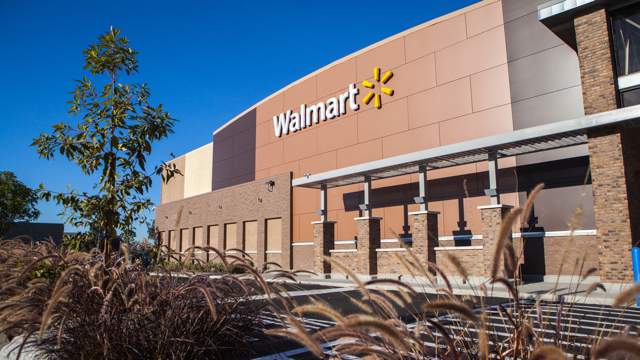Walmart Builds Its Own Cloud Computing Farm to Rival Amazon
February 16, 2018
In five years, Walmart invested millions of dollars in six giant server farms that now account for 80 percent of its cloud capacity. The move has enabled the company to keep up with its burgeoning growth for the last three quarters. Most retail businesses rent cloud computing, but Walmart’s determination to best Amazon led to its decision to build its own cloud network. With this internal network, the company can leverage all its customer data, be competitive with its prices and control inventory and other key functions.
VentureBeat reports that, according to two Walmart executives, the proprietary cloud platform also enables the company to “target shoppers with more customized offers and improved services.”
“It has made a big difference to how fast we can grow our e-commerce business,” said Walmart head of cloud operations Tim Kimmet, who added that cloud data is used “to stock items frequently ordered by customers via voice shopping devices such as Google Home.”
Data has also sped up the process by 60 percent of customers returning online purchases to local stores, as well as adjusting prices at stores across regions instantly. “We are now able to execute change faster,” said Walmart chief technology officer Jeremy King, who said that the company can “now make over 170,000 monthly changes to software that supports its website, compared to less than 100 changes previously.”
According to eMarketer, Walmart (which is the world’s largest brick-and-mortar retailer) accounts for only 3.6 percent of U.S. e-commerce, versus Amazon’s 43.5 percent. But the company’s online revenue “climbed 50 percent year-over-year during the third quarter, helping it post its strongest-ever quarterly growth since 2009.”
“The battle between Walmart and Amazon has been playing out on all fronts and the cloud is the latest frontier,” said Rubikloud Technologies chief executive Kerry Liu.
Walmart has taken other steps to improve its e-commerce sector, by expanding its online selection, buying smaller e-commerce companies and offering free two-day shipping on orders of $35 or more. The company “recently asked vendors to supply it with merchandise priced at $10 and up to help it turn a profit online.”


No Comments Yet
You can be the first to comment!
Sorry, comments for this entry are closed at this time.